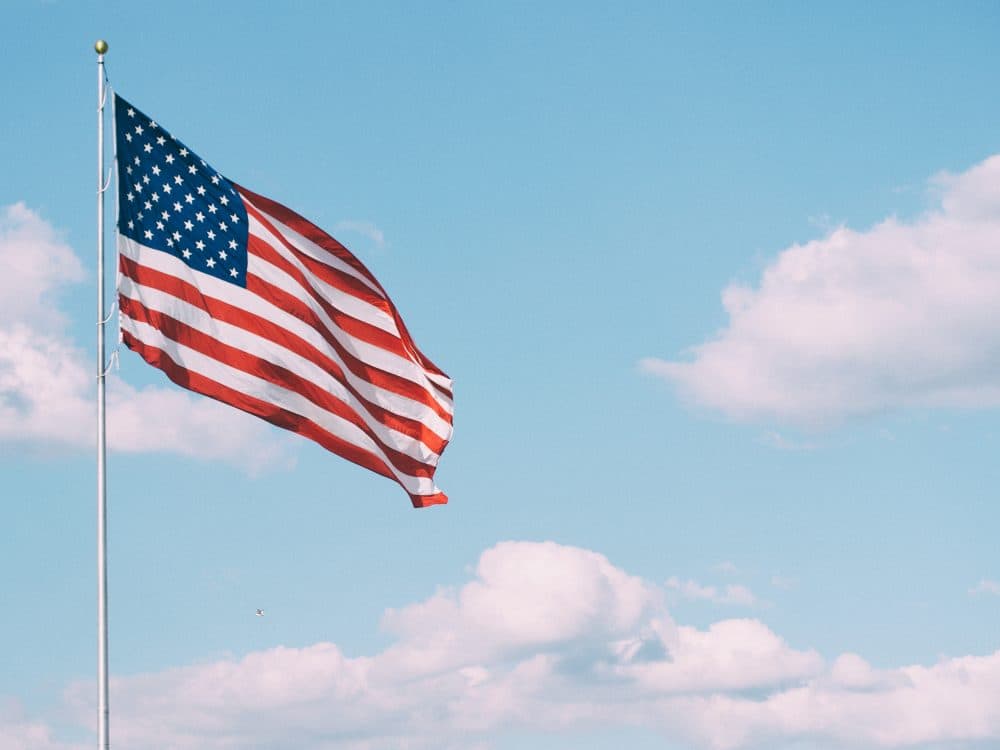Advertisement
Commentary
It’s Lonely Being A Veteran

Recently I learned that my teenage daughter might want to join the U.S. Coast Guard. The conversation happened in the car, both of us facing forward, no cell phones: the perfect time to ask a kid deep questions about her life goals. Apparently, an aptitude test at school had indicated she’d be a good fit in the military. And she liked the idea of dramatic water rescues.
Well, this proud mama immediately launched into a “you can do it!” speech (if she rolled her eyes, I couldn’t tell; that’s the beauty of talking to kids in the car). My daughter knows I served in the U.S. Navy and found it challenging, miserable, transformative and rewarding — basically, a lifetime of experiences condensed into four years of early adulthood.
So it was a major letdown when I shared my daughter’s thoughts — and my excitement about them — with a close friend. “Why would she do that?” he mused. “She has so much potential. She could do so much more.” And so on.
In moments like these, being a veteran feels lonely.
The Department of Veterans Affairs estimates that 7.3 percent of Americans have served in the military. In Massachusetts, the percentage is even lower. With few veterans around, most Americans feel disconnected from the military and its mission. I don’t know of any neighbors with a family member on active duty. I don’t have any colleagues in the reserves. The media barely cover military operations abroad unless there are casualties. After four service members were killed in Niger in October, some senators admitted they didn’t even realize we had troops there.
This disconnect between civilians and the military weakens our democracy. The strength of our political system lies in citizen engagement; when we vote, run for office, and join the military, we get a government that is truly “of the people, by the people and for the people.” Abraham Lincoln made his plea for this future while standing on the blood-soaked battleground at Gettysburg, imploring, “that these dead shall not have died in vain.”
This disconnect between civilians and the military weakens our democracy.
In Lincoln’s day and through much of the 20th century, nearly all Americans knew soldiers (and later, veterans). Today, few of us have military friends and family. And because we don’t know veterans personally, we think we know them through stereotypes.
That’s what I encountered when I shared the news about my daughter — my friend believed the military was for those without better options. Worse, veterans are often blithely categorized as heroes, victims or criminals. But none of these stereotypes applies to me.
I’m not a hero like Senator John McCain. I didn’t serve on a SEAL team and write a bestselling memoir. I don’t have a disability or suffer from PTSD. And I’m not a criminal, like the veteran who recently committed mass murder in a Texas church.
Like many veterans, I simply blend in.
I’m not unique among my veteran friends: we had productive, interesting military careers and now we live productive, somewhat less interesting lives. Instead of inspecting flight deck lights on an aircraft carrier, I inspect the produce at Costco. I don’t drive a ship anymore; I drive a Subaru. And I promote military service to anyone who will listen.
It’s a tough sell in my comfortable suburb, where parents are obsessed with SAT prep classes and college admissions tutors. I want to “out” myself as a veteran, to smash the stereotypes and tell the best and brightest kids to consider the benefits of military service. I joined the navy as a naïve suburbanite from Ohio, but I left as a fierce and confident world traveler who wasn’t afraid of anything. Plus, I got paid a good salary and had my own apartment.
Let’s maximize the full engagement of our citizenry, so we get the government Lincoln wanted for us, and so those buried at Gettysburg didn’t die in vain. I don’t know what my daughter will do with her life, but I’d be so proud if she served — not despite the fact that she has “so much potential,” but because of it.
